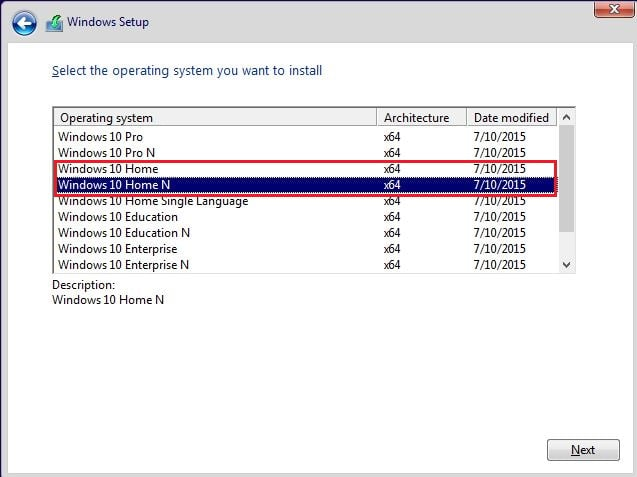
I am a bit confused about the cases in which the above commands must be used when downloading python packages. I was trying to download a package named pyudev in accordance with an answer with this question. I executed this command :
What is the difference between downloading and installing? If you want to install a free or paid-for software product off the internet or from a CD-Rom, first you have to 'download' the.
but received the following message :
However the following worked fine :
When is apt-get supposed to be used to install packages and when is python-pip used?
3 Answers
PyPI is the Python Package index — repository of python modules.
pip is used to download and install packages directly from PyPI. PyPI is hosted by Python Software Foundation. It is a specialized package manager that only deals with python packages.
apt-get is used to download and install packages from Ubuntu repositories which are hosted by Canonical.
Some of the differences between installing python packages from apt-get and pip are as follows:
Canonical only provides packages for selected python modules. Whereas, PyPI hosts a much broader range of python modules. So, there are a lot of python modules which you won't be able to install using
apt-get.Canonical only hosts a single version of any package (generally the latest or the one released in recent past). So, with
apt-getwe cannot decide the version of python-package that we want.piphelps us in this situation. We can install any version of the package that has previously been uploaded on PyPI. This is extremely helpful in case of conflict in dependencies.apt-getinstalls python modules in system-wide location. We cannot just install modules in our project virtualenv.pipsolves this problem for us. If we are usingpipafter activating the virtualenv, it is intelligent enough to only install the modules in our project virtualenv. As mentioned in previous point, if there is a version of a particular python package already installed in system-wide location, and one of our project requires an older version of the same python package, in such situations we can use virtualenv and pip to install that older version of python package without any conflicts.As @Radu Rădeanu pointed out in this answer, there would generally be difference in names of packages as well. Canonical usually names Python 2 packages as
python-<package_name>and Python 3 packages aspython3-<package_name>. Whereas forpipwe generally just need to use<package_name>for both Python 2 as well as Python3 packages.
Which one should you use:
Both apt-get and pip are mature package managers which automatically install any other package dependency while installing. You may use anyone as you like. However, if you need to install a particular version of python-package, or install the package in a virtualenv, or install a package which is only hosted on PyPI; only pip would help you solve that issue. Otherwise, if you don't mind installing the packages in system-wide location it doesn't really matter whether you use apt-get or pip.
 Aditya
AdityaDifference Between Downloading And Uploading
As @AvinashRaj said in his comment, pip is used to install python packages only, but apt-get is used to install packages created in any programming language.
Your main problem is to find the right package name in both cases:

will give you the right name for the package you want to install using pip install, as
will give you the right name for the package you want to install using apt-get install:
So, in conlusion, the correspondent of sudo apt-get install python-pyudev is sudo pip install pyudev, not sudo pip install python-pyudev.
Download And Install Java Free
Now depends on you what you want to choose when you want to install a python package: pip or apt-get. See for example this Q&A about difference in installing a package using pip and apt-get.
My preferred way is to always use apt and only in case the module is not yet available in Debian/Ubuntu repository to use pip, but only in user context - --user flag. By using pip one anyway have to get all the build-dependencies installed from let's say Ubuntu's repository or provide them themselves which can be a tedious task. apt-get install binary packages while pip builds them after downloading. One shouldn't use pip to install modules into system locations. This is plain wrong. Always use --user flag to install a module to home location. Properly configured PYTHONPATH let python to pick up the modules from the HOME first and then system modules installed with apt-get.
protected by karelJan 27 '18 at 9:27
Thank you for your interest in this question. Because it has attracted low-quality or spam answers that had to be removed, posting an answer now requires 10 reputation on this site (the association bonus does not count).
Would you like to answer one of these unanswered questions instead?